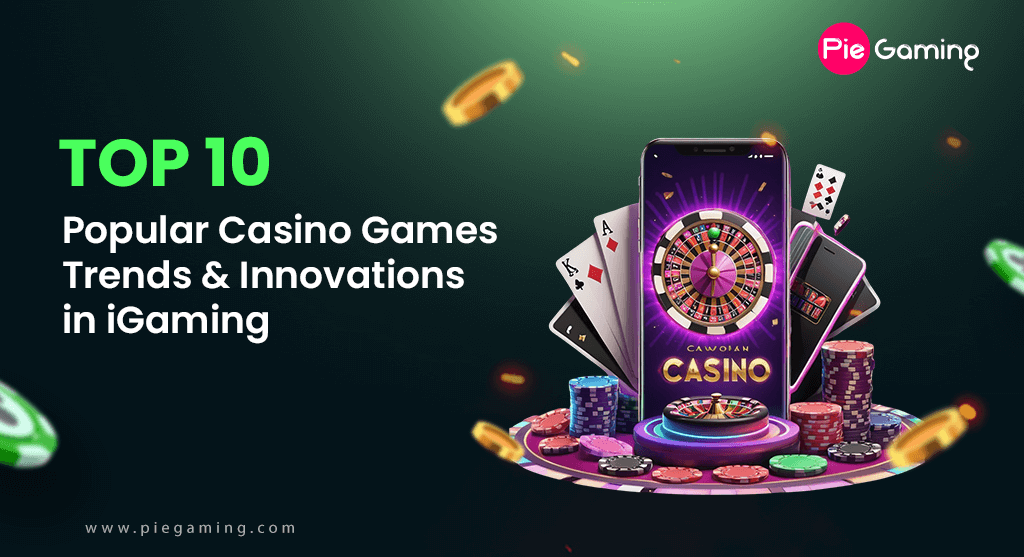Online Games: What’s the Real Edge?

I still remember the first time my dad walked past my bedroom, heard me yelling at my headset, and asked, half-concerned, half-amused, “Why don’t you just play something offline so you can relax?” Fair question. Solo titles are calm, tidy, and you can pause whenever dinner’s ready. Yet, years later, I’m still loading into online lobbies because they offer a kind of spark I can’t find in single-player worlds.
If you’ve ever wondered what keeps people queuing for matches long after the honeymoon phase fades, click here for a deep dive into how online worlds borrow tricks from social media and sports arenas to stay fresh. For now, let me walk through the big advantages — messy, honest, and from someone who’s lost more ranked games than they’ve won.
Connection You Can Feel (Even at 2 a.m.)
When you boot up an online game, you’re stepping into a space that’s alive this very second. A player in Seoul might dodge your shot; someone in São Paulo could revive you when all hope looks lost. That immediacy changes the emotional math. Wins feel earned because you out-witted real people; losses sting for the same reason. And the funny thing? After the match ends, many of us stick around to swap memes, tips, or pure nonsense in chat. It’s the modern campfire, just lit by LED panels.
Five quick perks you notice once you’ve joined a good lobby
- Endless variation. No scripted A.I. can match the chaos of human improvisation.
- Shared milestones. Level-ups and seasonal events are collective celebrations, not lonely fireworks.
- On-the-fly teamwork. You learn tiny leadership skills when you have twenty seconds to rally strangers.
- Cultural mash-ups. Hearing slang from another continent mid-game is a travel bonus nobody planned.
- Built-in motivation. Friends ping you to hop on, and suddenly the treadmill feels less optional (in a good way).
Updates That Keep Worlds Breathing
Most single-player releases freeze after launch, but online games treat release day like act one. Balance tweaks, new maps, silly crossover skins — all roll out while you’re asleep. Sure, patch notes sometimes break your favorite load-out, yet the flip side is you’re never stuck with a stale meta. It’s a living organism, and being part of that evolution feels well, addictive.
Developers watch how the community bends the rules, then nudge things forward. Some days that means a tiny bug fix; other weeks it’s a whole new game mode that hits like a shot of espresso. Either way, you wake up to something fresh without paying another sixty bucks.
A Classroom Disguised as a Playground
Nobody sells online games as learning tools, but spend a month in competitive queues and you’ll pick up real-world skills by accident. Communication under pressure, pattern reading, forgiving yourself after mistakes — it’s all baked into the loop. I’ve seen shy friends become shot-callers, and laid-back folks dial in focus when the match timer ticks down.
Not every takeaway is serious, though. You’ll also master the ancient art of laughing off disaster — watching your squad whiff a perfect play and then turning the loss into a running gag that lasts all season.
Choosing the Right Home Base
The internet’s full of lobbies that look busy but feel empty. Before sinking time into one, I usually scan a few signs.
- Active Discord or subreddit. If new posts pop up daily, the pulse is strong.
- Transparent devs. Studios that admit mistakes keep players longer.
- Healthy queue times. Waiting ten minutes for a match at prime time? Red flag.
- Clear rules. Good moderation doesn’t smother chat; it keeps it from turning toxic.
- Optional spending. Cosmetic stores? Fine. Pay-to-win upgrades? Hard pass.
Stick to those basics and you’ll dodge most regret.
Keep the Fun, Skip the Burnout
Online spaces can vacuum hours before you blink. I learned — after one too many 3 a.m. sessions — to set guardrails.
- Mute voice chat on bad-tilt days.
- Limit ranked grind; swap to casual when frustration creeps in.
- Stretch between matches, because spines aren’t DLC-replaceable.
- Remember you can alt-F4; the universe won’t crumble.
- Celebrate small wins (a clever assist beats a top-frag ego any day).
Treat the game like coffee: energizing in doses, jittery in gallons.
Last Word Before the Next Match Loads
Offline adventures are great for soundtracks, solo reflection, and bedtime stories. But online titles offer something harder to script: the electric, slightly messy feeling of sharing a moment with real humans who could be anywhere on the planet. Sometimes it’s competitive tension, other times cozy co-op farming, but it’s always live.
So next Sunday, if you’re weighing a new RPG against hopping into that familiar lobby, think about what you’re craving. A crafted narrative has its place. Yet, if you want unpredictability, social buzz, and a world that keeps moving whether you log in or not, online games still hold the edge.
Grab a headset, dive in, and remember: even if the match goes sideways, there’s always the rematch button.




